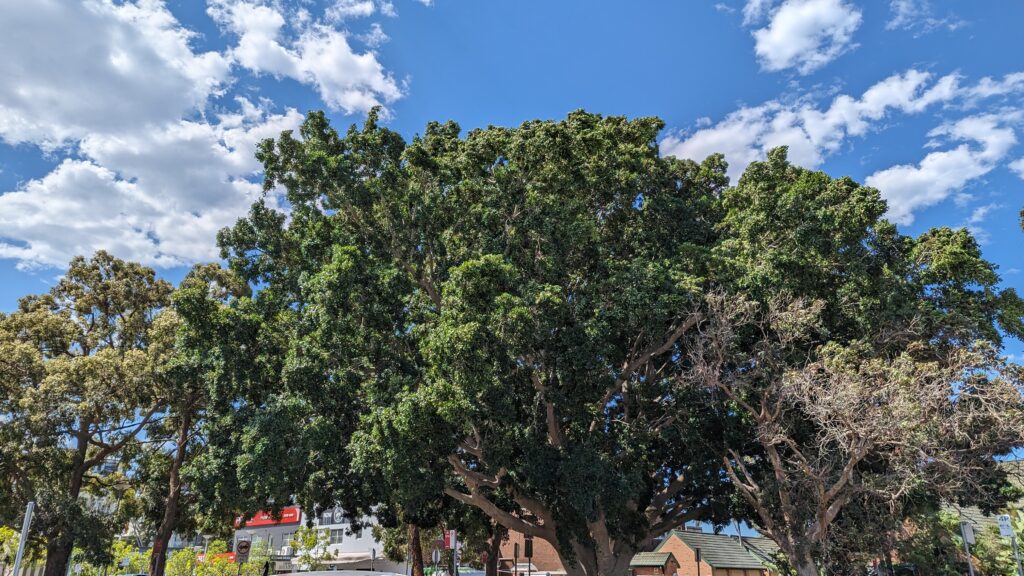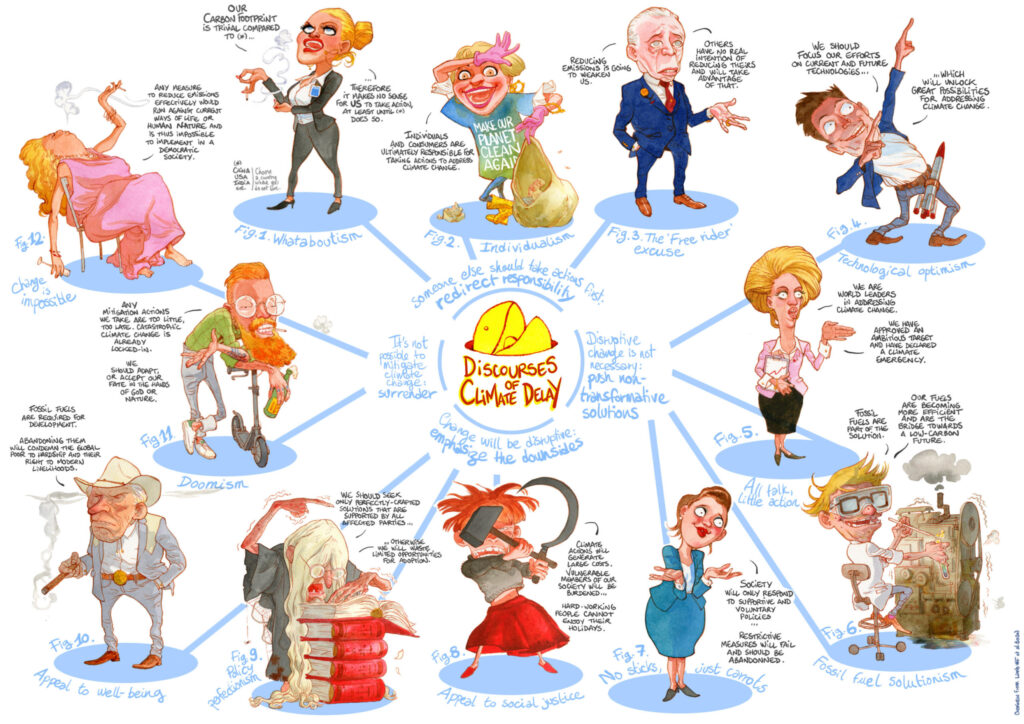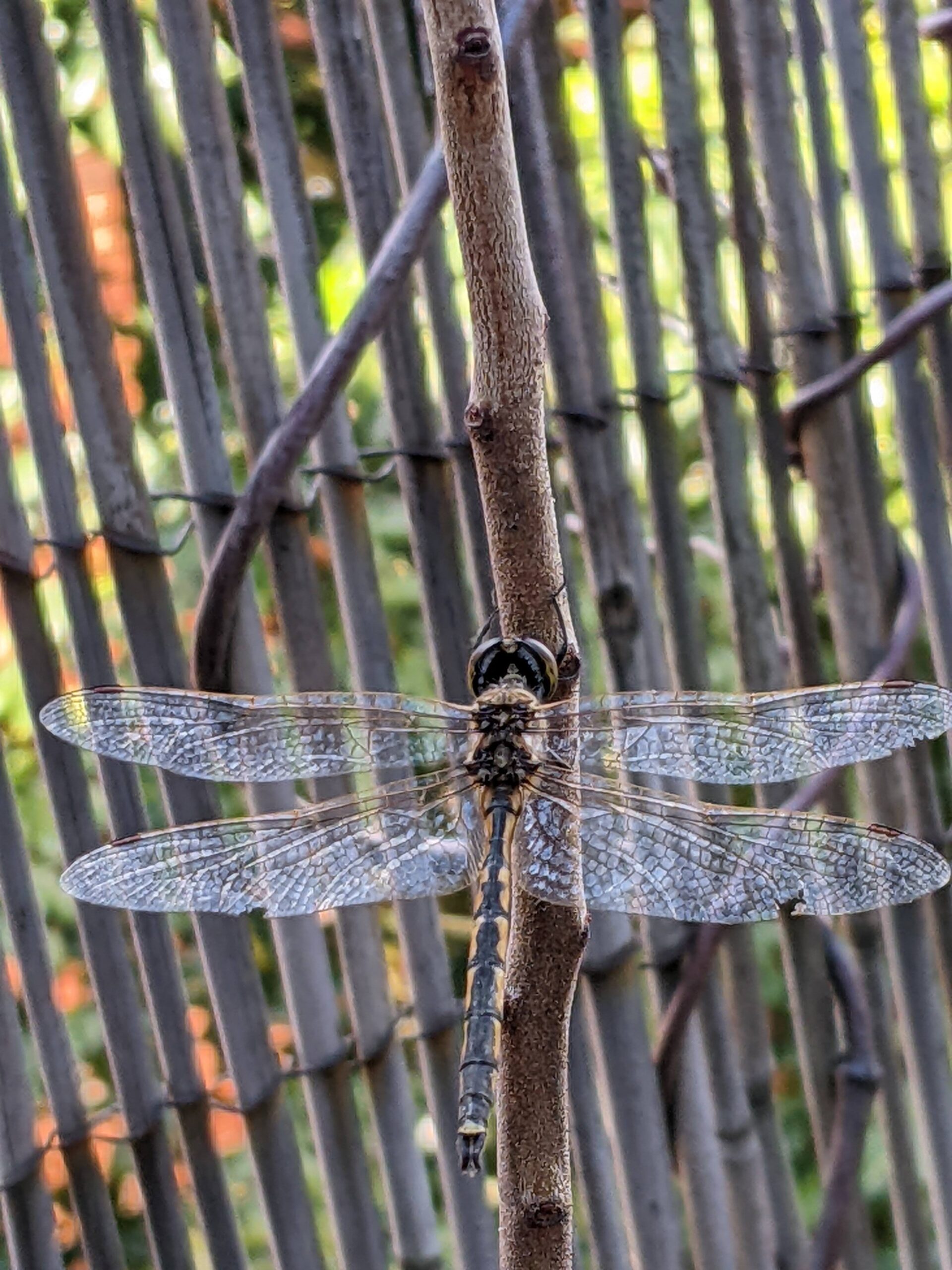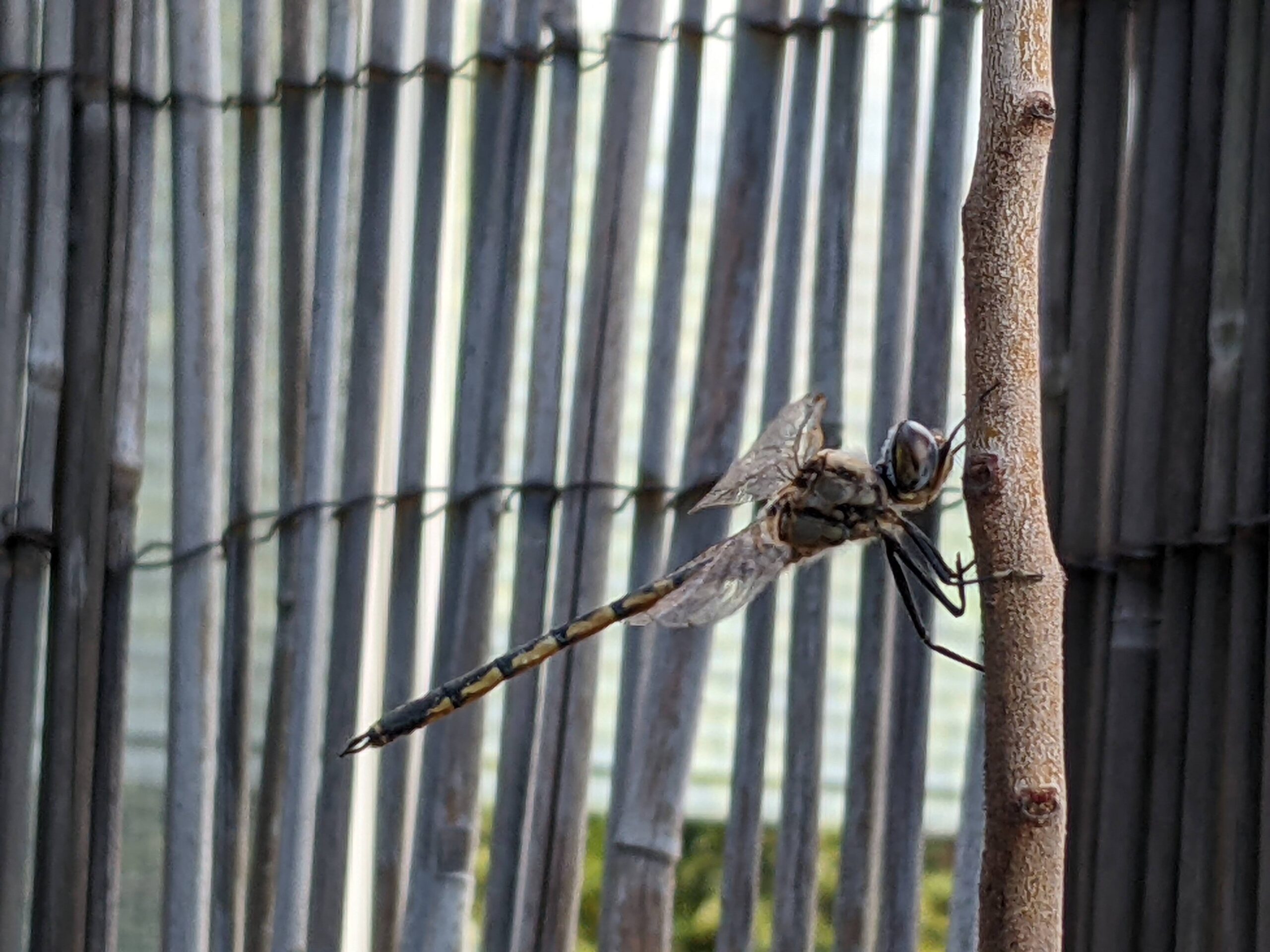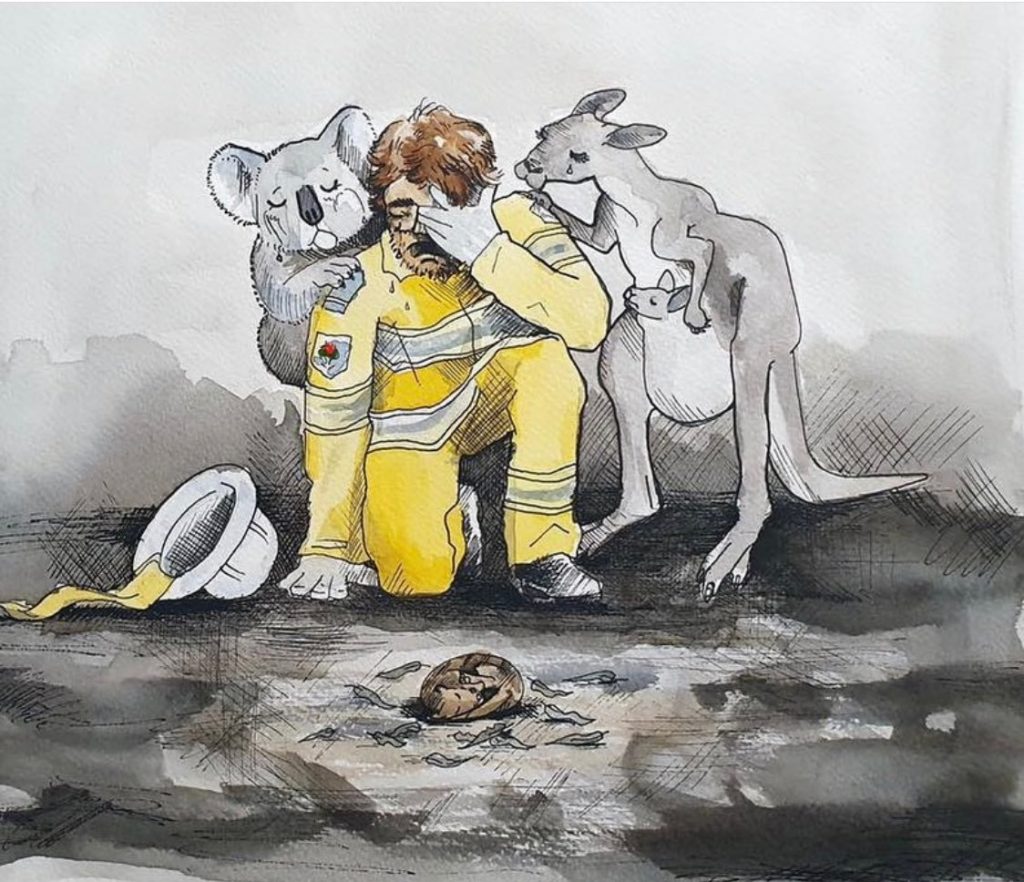Love this article <3 (because I love pebbles :D)
“During the ice-age when Australia was nearer the South Pole, glaciers dominated the landscape. As glaciers bulldozed through the landscape, rocks and debris were picked up and carried along in the weight and movement of ice. When the glacier reached the ocean, chunks carved off into icebergs. The stones frozen in the iceberg floated offshore.
As the iceberg melted, the stones dropped into the ocean. The glaciers pick up that material, move to the edge of the continent, then move out to sea with it, then drop it. That’s why Geologists call these stones dropstones, or ice rafted debris, and many such pebbles have washed up on the strip of coastline that includes Singing Stones Beach.”
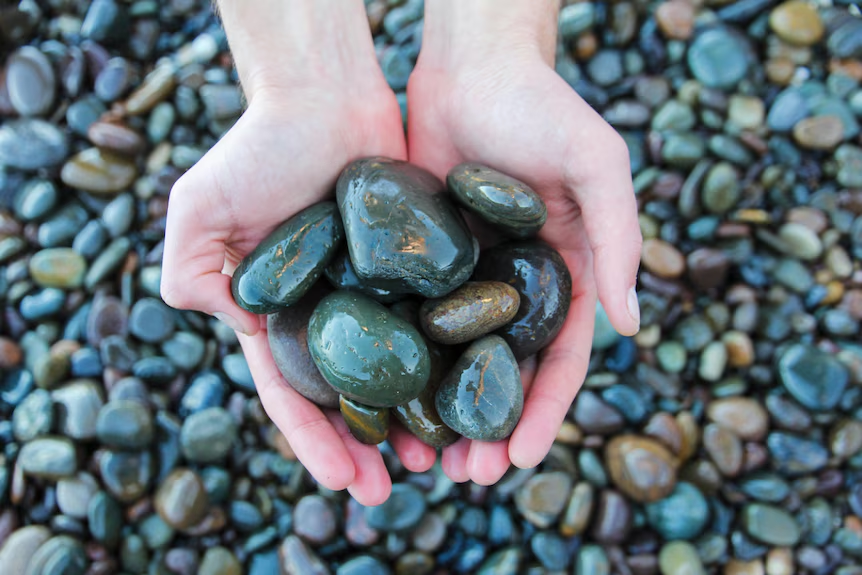
https://www.abc.net.au/news/2024-07-31/epic-history-behind-famous-singing-stones-beach/104148526

